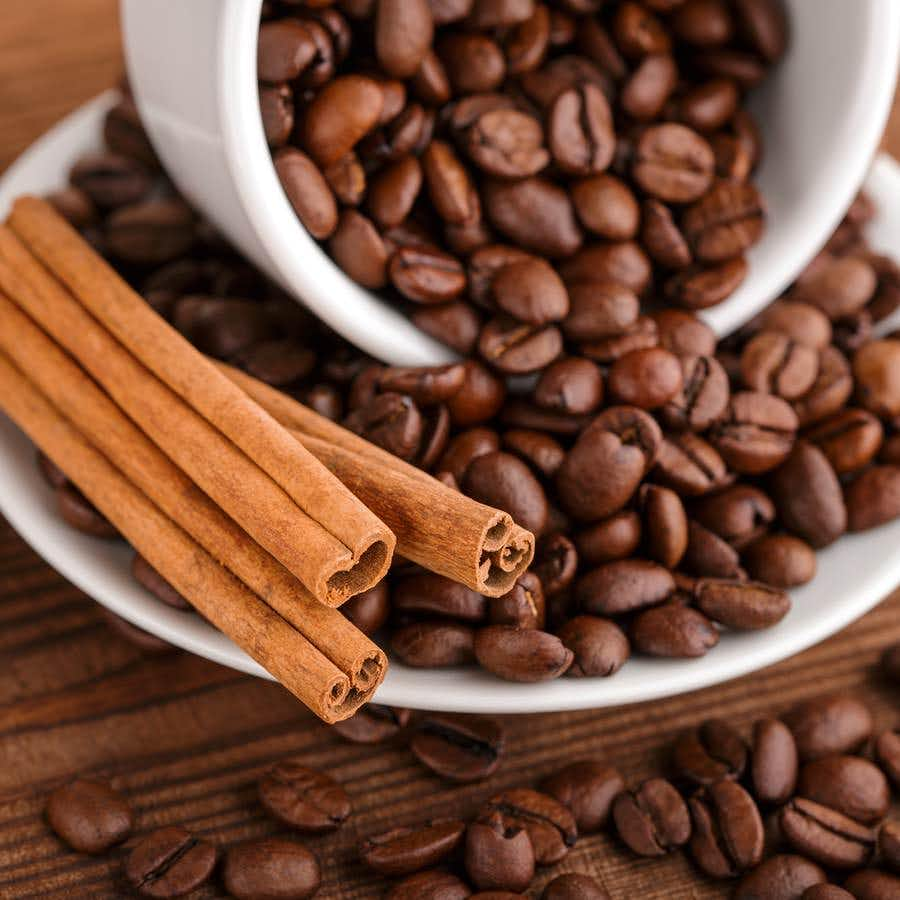
Many people would prefer to use natural approaches to healing as much as possible. When they do so, they should evaluate both the benefits and the risks of the herb, spice or supplement they plan to use. Patients taking medications often do that, weighing the side effects of a drug against its potential helpfulness. There is often less information about the downside of supplements, however, so people may find it more difficult to assess the pros and cons. One reader wondered whether putting cinnamon in the morning coffee would lower blood sugar safely.
Can Cinnamon Lower Blood Sugar Safely?
Q. I was recently diagnosed with pre-diabetes. I was aware, from reading previous People’s Pharmacy columns, that cassia cinnamon can be toxic unless put in a paper filter with coffee grounds. I have been mixing one teaspoon of cinnamon in my coffee grounds before brewing my coffee every morning.
In a recent column, a reader wrote that he wound up in the emergency room after consuming the same amount of cinnamon on a daily basis that I have been taking. Is it no longer considered safe to put cinnamon in coffee as I have been doing? I love the taste of cinnamon and would hate to have to take it in capsule form.
Avoiding Coumarin in Cassia Cinnamon:
A. The reader who developed liver damage from taking cinnamon didn’t say how he took it. That experience underscores the potential toxicity of coumarin in plain ground cinnamon.
Coumarin is a compound that is found in the same tree bark used to make cassia cinnamon. The compound can be toxic to the liver, and some years ago, the German government issued a warning that German citizens should avoid eating too many cinnamon star cookies at Christmastime. As Grinch-like as that seemed, the agency was attempting to protect the public health.
Because the amount of coumarin varies considerably depending on the source of cassia cinnamon, you can’t know without specialized testing how scary your supermarket cinnamon may be. The technology used is high-performance thin layer chromatography-bioautography-mass spectrometry (HPTLC-MS) and it demonstrates the extremely wide range of coumarin in cinnamon-containing foods (Kruger, Winheim & Morlock, Food Chemistry, Jan. 15, 2018).
You are following the best practice for protecting yourself from coumarin by using the water extract (in the form of your coffee) and leaving the rest of the powdered spice behind. Coumarin is not water-soluble, while the compounds that reduce blood sugar are. Consequently, consuming the “aqueous extract” as you do when you put cinnamon in your paper coffee filter is a good way to lower blood sugar safely.
What About Ceylon Cinnamon?
Ceylon cinnamon, although it is pricier, would be even safer, as it contains little or no coumarin (Beejmohan et al, BMC Complementary and Alternative Medicine, Sep. 23, 2014). Research shows that it reduces post-meal blood sugar by about 20 percent compared to placebo. A review found that Ceylon cinnamon could be helpful in reducing metabolic syndrome, a disorder associated with a large waistline, high cholesterol, hypertension and elevated blood sugar (Mollazadeh & Hosseinzadeh, Iranian Journal of Basic Medical Sciences, Dec. 2016).
What Is the Difference Between Cassia and Ceylon Cinnamon?
Ceylon cinnamon (Cinnamomum verum) and cassia cinnamon (Cinnamomum cassia) are two different species within the same genus. In both cases, the spice is made from the tree bark. Other species of tree that are sometimes used to produce cinnamon include C. loureiroi, termed Vietnamese or Saigon cinnamon, C. burmannii, sometimes termed korintje cinnamon, and C. citriodorum, or Malabar cinnamon. Cassia cinnamon is the type most often found as ground cinnamon spice on North American supermarket shelves.
1/21/19 . redirected to: https://www.peoplespharmacy.com/articles/which-cinnamon-lowers-blood-sugar-safely/

